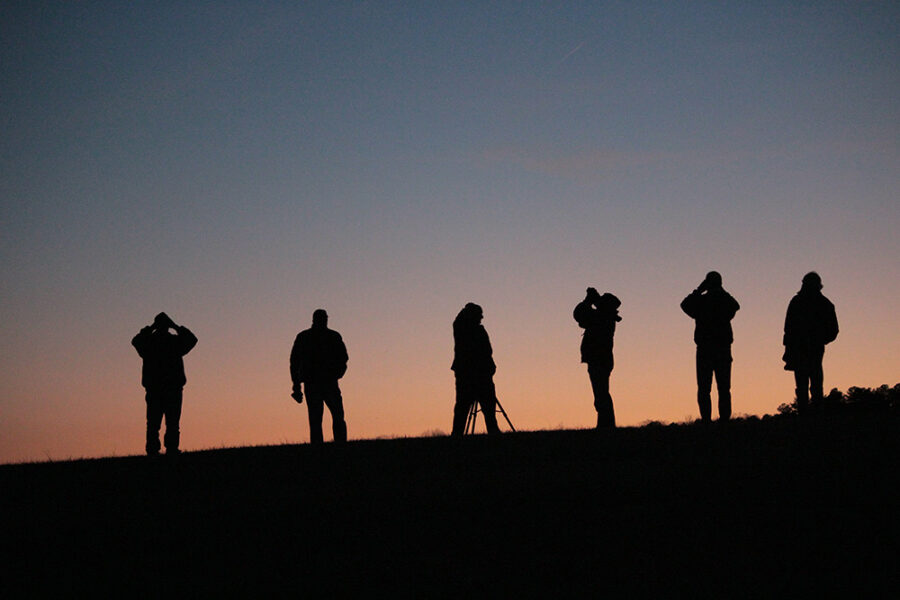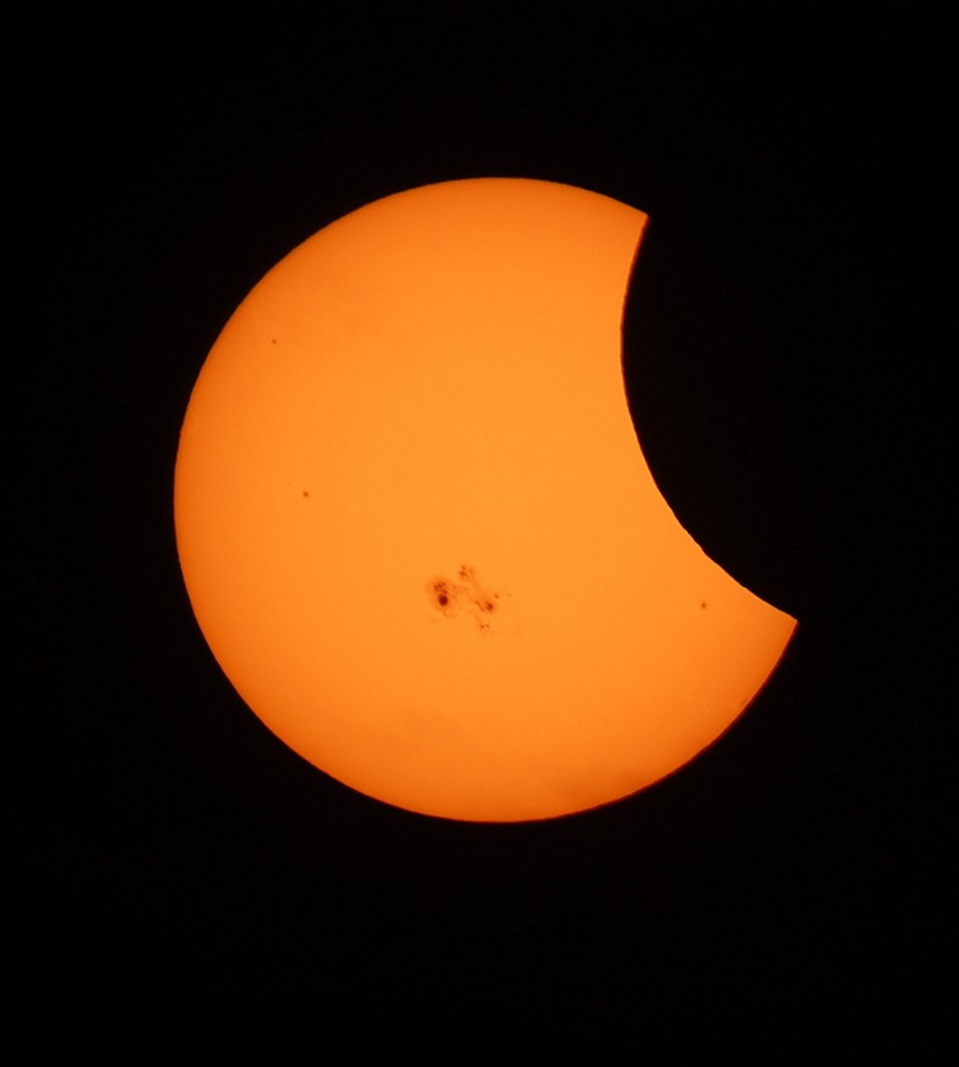Stargazers are members of a community of wonder.

On a clear night this past summer, I was outside with my 114mm Dobsonian and a mission to find the Ring Nebula. I found it, and it was glorious. I spent a full hour peering through the eyepiece and marveling at the speck of hazy fuzz.
But my wonder was tempered by the fact that I was alone. So many activities were put on the back burner during the pandemic, and many have remained there. Here in the Pacific Northwest, the annual Oregon Star Party looked like it would go ahead this past August, after being called off in 2020; alas, it didn’t happen this year, either.
Of course, one of the beautiful things about stargazing is that you can enjoy the hobby completely on your own. You don’t need to coordinate with anyone or anything, other than the weather. You don’t have to wait for other people to be available, or get vaccinated, or generate enough enthusiasm. You can broaden your horizons right from the safety and comfort of your backyard, or from the nearest dark sky park. It’s just you, a blanket of stars, and a deep, abiding wonderment.
But when your family and friends are uninterested and fast asleep, it can feel a little lonely, especially if you’re feeling the urge for community to share your passion.
On the one hand, technology has been great for keeping us connected. I’m lucky to belong to an active astronomy club, and we’ve remained engaged during the pandemic with online discussions about astroimaging and virtual telescope workshops. There have been informal star parties, too.
But nothing beats in-person company for the real-time thrill of new-to-me discoveries. So I put together a mini–star party of my own. There were just two of us in the neighborhood park hunting for deep-sky objects in and around Scorpius. The skies weren’t dark enough, even after I set up a massive beach umbrella to block the nearby streetlamp. But that night was more about sharing than finding.
My friend and I had spent a solid year texting in the wee hours about our individual star safaris. In the park together, our companionship fueled us as much as our oohs and aahs at the stars and smudges in our eyepieces.
Although we’re both vaccinated, we kept our distance as we set up on a blanket in the grass. We shared equipment once or twice as we searched for the Lagoon Nebula in Sagittarius. Neither of us brought out any fancy gear, and we were disorganized and distracted in our excitement to finally experience the night sky with a like-minded other.
Then came the brunt of the delta variant, and now it’s the seasonal rains. We’re back to texting, and it may be a while before we can take advantage of the same break in the clouds.
Still, even when I venture out on my own, I find myself wondering how many others are outside in their yards, neighborhood green spaces, or dark sky parks at that moment, pointing their telescopes and binoculars at the same elusive star cluster or sweeping their gaze over the craters of the Moon.
Because even when you’re outside by yourself, with or without a friend on the other end of a text thread, you’re not alone in your pursuit. Maybe you aren’t immediately surrounded by other people and their equipment, but you never know who else might also be looking skyward.
And I’m not just talking about suburban wildlife; it’s true I tried to pet a raccoon the other night while out in my zero-gravity chair. (Note: If your nocturnal visitor darts away when you say, “Hey, kitty kitty,” it’s probably not the neighbors’ cat.)
We are members of a community of wonder. We may come from different countries, cultures, and backgrounds, but we share the language of stargazing. People who anticipate the New Moon with glee and daydream about astronomical night. People who sacrifice sleep — and movies and parties — in the pursuit of awe. People who will answer a 12:13 a.m. text of “Did you just see that meteor to the SSW?!” with an eager, “So cool!!”
It’s a hell of a thing.
Read more from Jennifer Willis's on the “why” of stargazing.
 0
0









Comments
You must be logged in to post a comment.